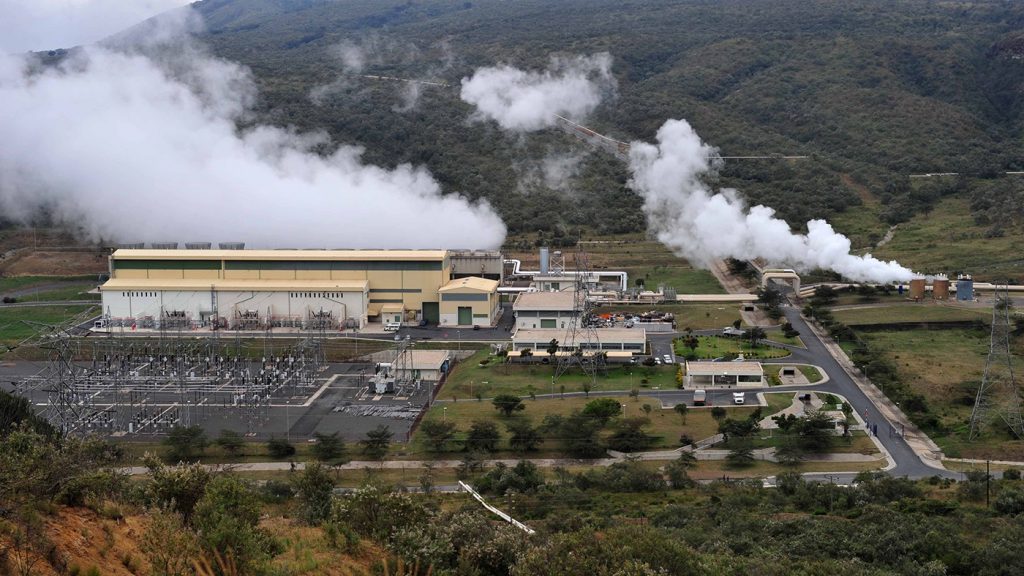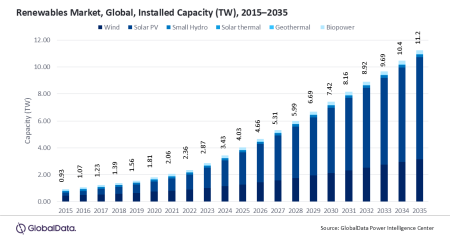
Mkpoikana Udoma
Port Harcourt — Nigeria is set to connect over 75 million citizens currently without electricity over the next five years, under new multilateral partnerships with global institutions including the World Bank and African Development Bank, AfDB, according to the Minister of Power, Chief Adebayo Adelabu.
Speaking recently at the 6th edition of the Ministerial Press Briefing, Adelabu described the initiative – known as “Mission 300” – as one of the most ambitious energy access programmes in Nigeria’s history, and a turning point for the nation’s drive toward inclusive development.
Adelabu said the Federal Government has already secured $750 million through the Distributed Access through Renewable Energy Scale-up (DARES) project – a World Bank-financed initiative aimed at deploying solar hybrid mini-grids, standalone solar systems and grid enhancements to underserved and off-grid communities.
“We are proud that Nigeria is one of the biggest beneficiaries of Mission 300. This $30 billion initiative will connect 300 million Africans to electricity by 2030, and 75 million of them will be Nigerians.
“The DARES project alone will provide clean energy to 17.5 million Nigerians. This is a clear example of what can be achieved when global support aligns with strong political will,” the Minister said.
The Minister emphasized that these investments are not loans for consumption, but productive capital that will catalyze inclusive growth, job creation and digital access across Nigeria’s underserved regions.
“Every kilowatt of power we generate, distribute or meter from these projects will power schools, hospitals, farms, businesses and homes. This is how we close the gap between urban and rural Nigeria,” he added.
According to the Minister, Nigeria’s ability to attract such multilateral financing is a vote of confidence in the country’s new power sector reforms and financial transparency.
“We are no longer begging for aid, we are negotiating strategic investments. Institutions like the World Bank and AfDB are seeing our seriousness, our roadmap, and our accountability structures. That’s why the money is coming,” Adelabu noted.
He credited the success to President Bola Tinubu’s policy of sectoral alignment, regulatory independence, and aggressive debt clearance strategies.
“We’ve cleaned up our books, restructured legacy debts and passed investor-friendly laws. The global community now sees Nigeria as a credible destination for energy investment,” he said.
Adelabu said the combined impact of Mission 300 and the DARES project will revolutionize rural electrification and reduce migration pressure on urban centres.
“This administration is determined to ensure that from Sokoto to Nembe, from Kaura Namoda to Ogoja, every Nigerian has a chance to access electricity. Power is not a luxury, it is a right and an enabler of dignity,” he concluded.
The Minister said implementation will be phased and monitored closely to ensure value for money and measurable impact.



